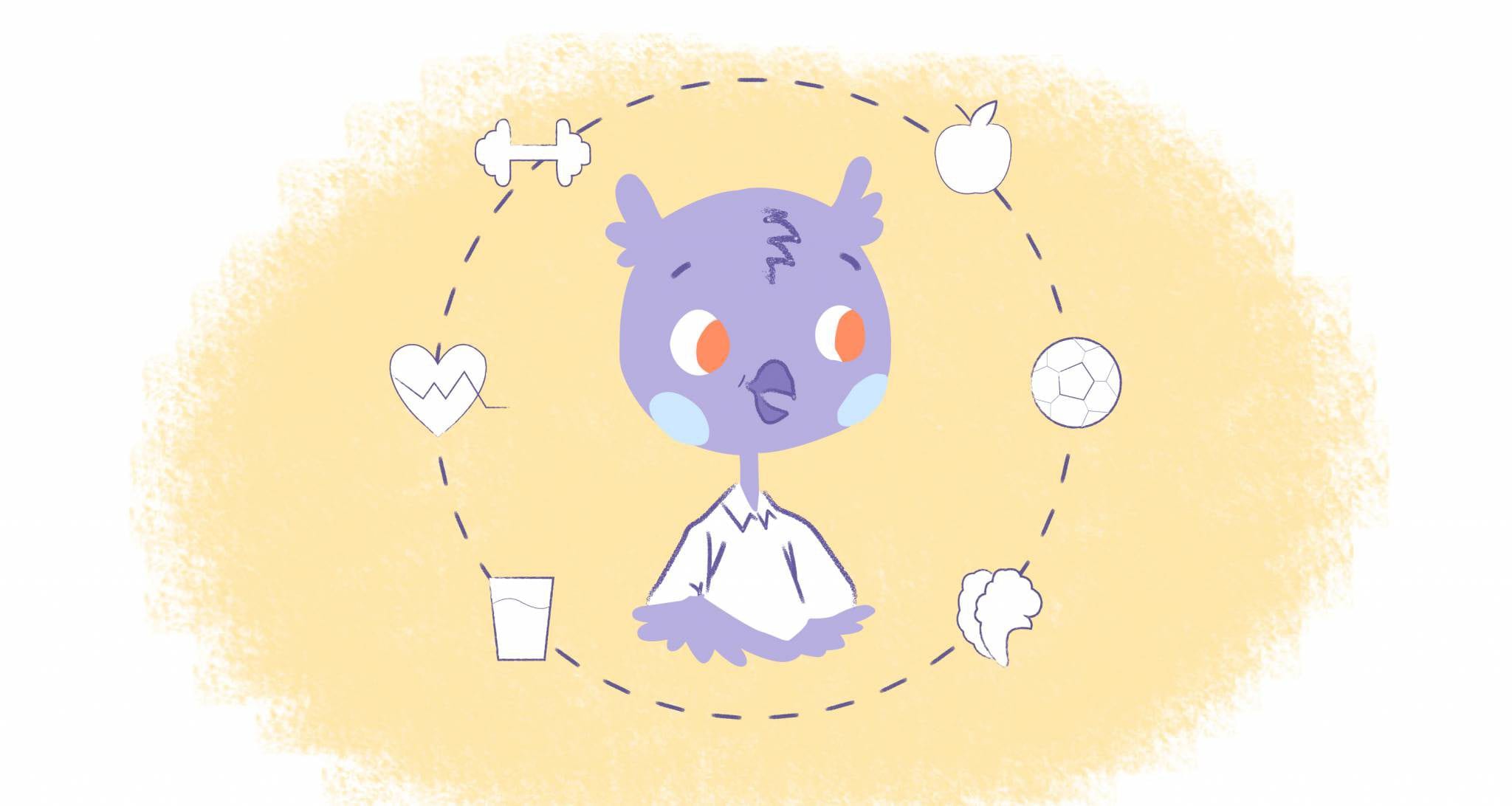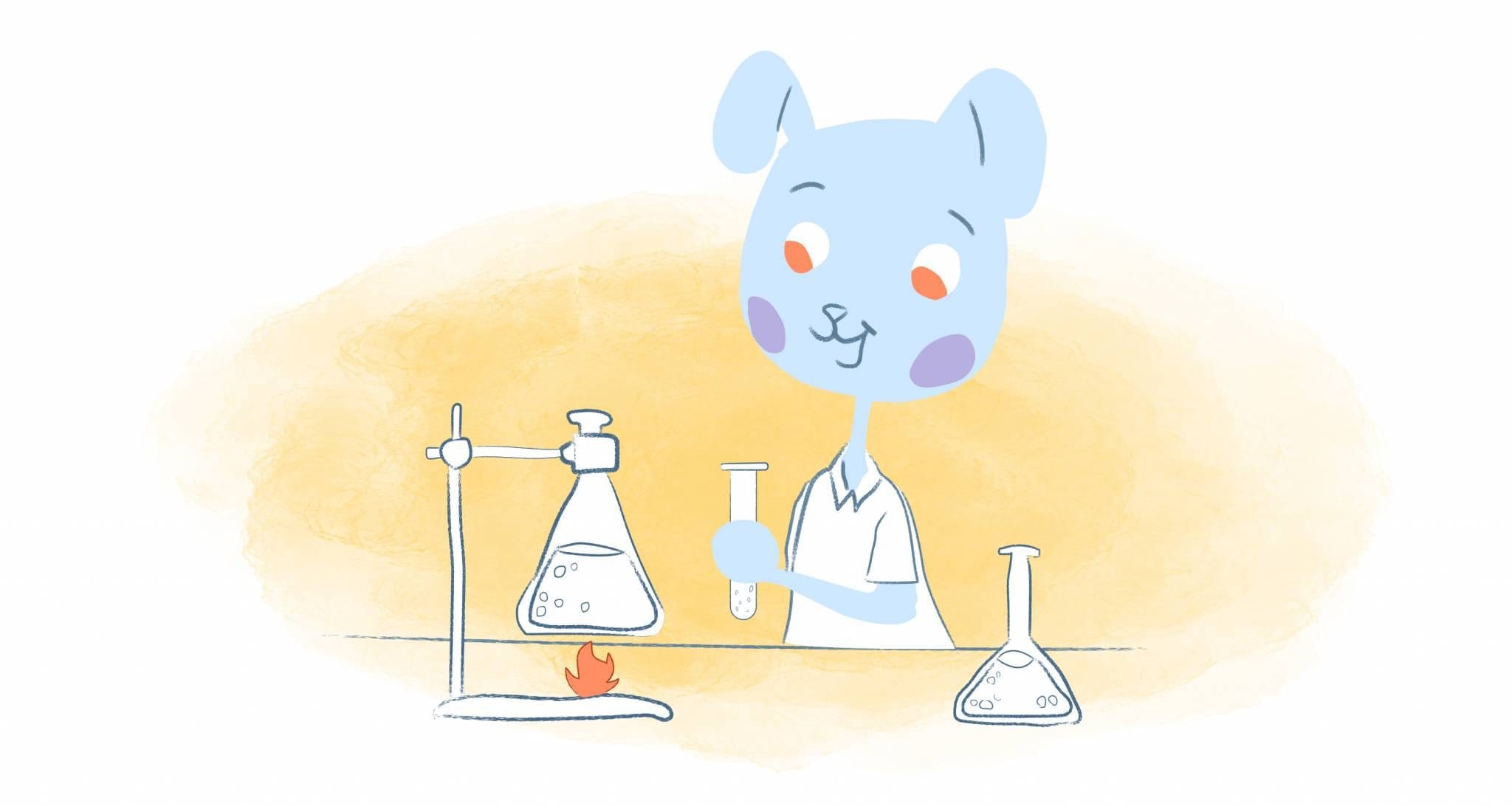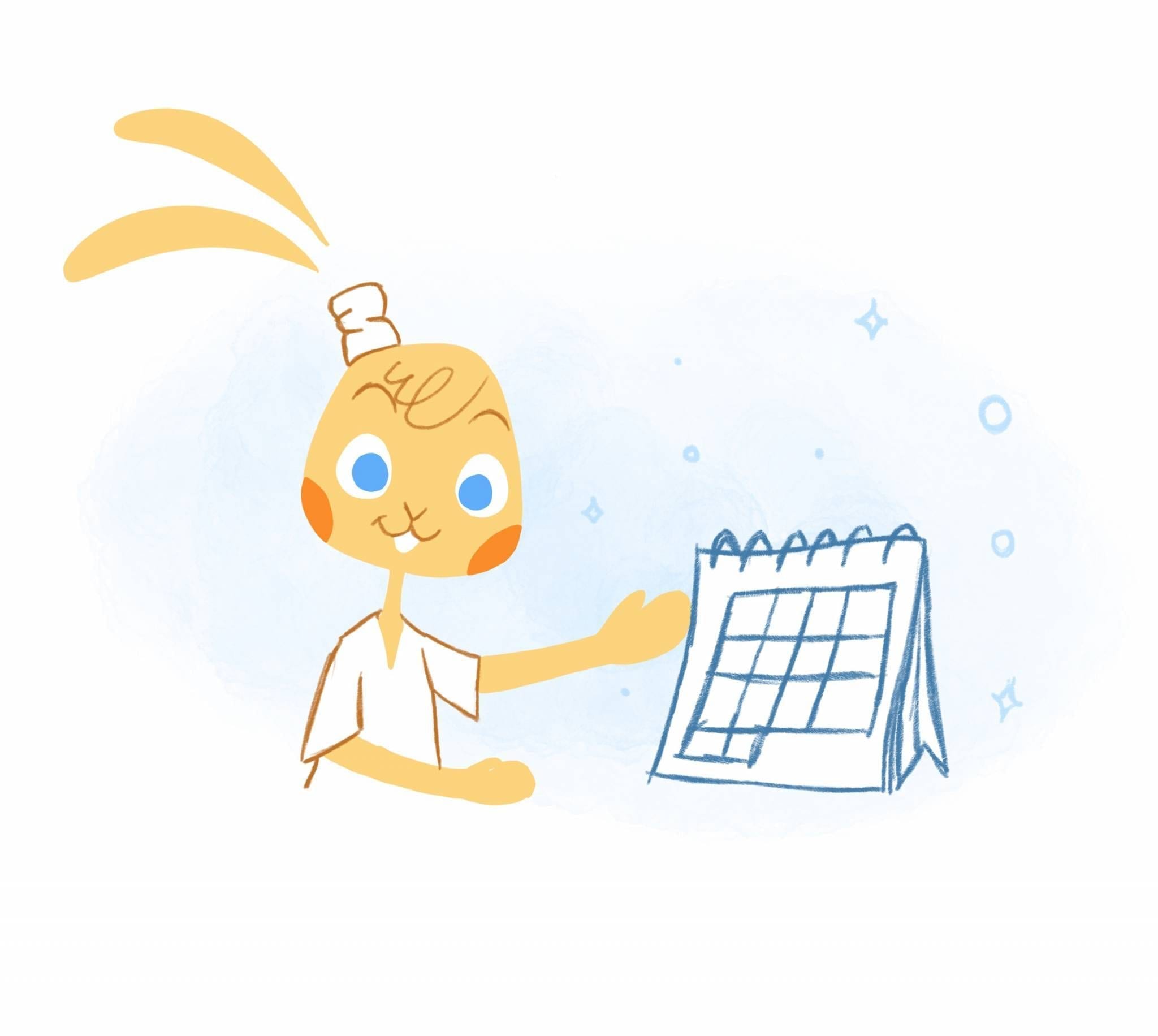

It doesn’t take much for us to get distracted. Whether it’s a smartphone notification, birds chirping outside, or a co-worker asking if you have a minute, distractions are everywhere. But, is that necessarily a bad thing; we all want to stay focused.
We can only focus for so long. In fact, we’re programmed to lose focus to keep us safe. Thanks to evolution, whenever the brain notices something else that needs your attention. Other times it’s because you’re overworked or engaging in bad habits.
Unfortunately, if you always let distractions creep in, that’s when they become a reason for concern. After all, it pulls you away from the present and it makes it more difficult to get back on track.
Thankfully, it’s possible to improve your focus — even in our complex and instantly-gratifying drive world.
1. Take stock and schedule your priorities.
Bear with me here for a minute. Before you can work on improving your focus, you need to do a little legwork. Specifically, this means tracking how you spend your time.
I know. You’re jumping up and down with excitement for this assignment. However, doing this will let you know when you’re most productive. Additionally, it can pinpoint when you’re wasting time and what’s possibly distracting you.
The good news is that tracking your personal production peaks doesn’t have to be overly complicated. All you need is a productivity journal where you jot done everything you do in a day. You could also pair that will time tracking software to get a more accurate picture.
The idea here is to select a date to get started and track your time for a month. You then want to look for patterns. For example, if you notice that you have the most energy in the morning then that’s when you would schedule your priorities.
What if you spend an hour goofing off online after lunch or chatting with colleagues? Then that’s when you don’t have much energy so you’re letting yourself get distracted. Knowing this, you wouldn’t plan to work on anything important during this block.
2. Design your ideal environment.
Last week I was wrapping up my work for the day when suddenly my dog began barking frantically. What was all the commotion for? There were landscapers next door, and since she loves people, she wanted to go over and greet them.
Between her barking and running through the house and the noise from the mowers, I couldn’t focus. But, the same could be true in any work environment. If you’re in an open office, talkative co-workers can be irritating. Coworking spaces and coffee shops are fine alternatives, but they too have drawbacks like noise and spotty WiFi.
Long story short, your work environment plays an integral role in how focused you are.
With that in mind, after you’ve taken stock, your next goal should be optimizing your workspace. Now, this will differ from person to person. But, here are some pointers to get you own your way:
- Keep your workspace clean and organized.
- Reduce background noise by putting on headphones or downloading an app like Nosli.
- Have proper lighting — preferably natural light by sitting close to a window
- Set the thermostat at a comfortable temperature.
- Improve the air quality with filters.
- Surround yourself with plants and artwork.
- Be aware of ergonomics like the right chairs and positioning your computer correctly.
- Investing in a standing desk.
What if you can’t do any of the above? You may have to go to the extreme and completely change your environment. For example, if your office is too loud and warm, consider working from your home office a couple of days per week.
3. Show up every day.
“If meaningful productivity is about consistently doing the things that matter, how then do we set ourselves up for that consistency?” asks Shawn Blanc in a Todoist post.
“The answer is two-fold,” he answers. First, “Make doing the most important work part of your routine.” And, secondly, “celebrate your daily progress.”
“Having a set time and place, and even the same background music playing for when I write, has made a profound impact on my ability to show up every day and do the most important work,” says Shawn. “When you look at it from the outside, it sounds silly or boring. In practice, however, “it’s a bit cathartic, and it’s the time of my day I most look forward to.”
Another benefit of establishing a routine? It reserves willpower “and creative energy for that which matters most: doing the actual work,” Shawn adds. That’s because he’s already decided on what to work on in advance and for how long.
If you’re having difficulty tracking your progress use a method like “Don’t Break the Chain.” It was popularized by Jerry Seinfeld to ensure that he wrote a joke daily. If he did, he would place an X on a big calendar.
“After a few days, you’ll have a chain. Just keep at it and the chain will grow longer every day. You’ll like seeing that chain, especially when you get a few weeks under your belt. Your only job next is to not break the chain.”
Keep this up for about 2 months so that it can become a habit. Until then, celebrate your small daily wins by sharing your success with others, taking a gratitude pause, or treating yourself. Examples could be buying your favorite caffeinated beverage or giving yourself the night off to unplug or do something you enjoy.
Ultimately, Shawn says, “Choose to do something every day until eventually, it chooses you back.” From my experience, getting started is a proven way to fight back against procrastination.
4. Squash distraction bugs.
Perhaps the most obvious and helpful tip is to drop distractions like a scolding potato. Common examples include email, social media, phone calls, and people. To eliminate these distractions, try out the following techniques:
- Create time restrictions, such as an hour to work only on your most important task.
- Put your phone on airplane mode, or ‘do not disturb mode.
- Close unnecessary browsers like your email tab.
- Control what surroundings you can. For example, if you have an office door, close it so that you can’t hear your housemates or co-workers.
- Eat full and healthy meals so that your stomach doesn’t annoyingly growl.
- Installing distraction blocking tools on your computer and phone.
- Finding an accountability buddy to keep you in line.
I would be remiss if I didn’t add that despite your best efforts, distractions are inevitable. Do your best to schedule your time around them and nip what you can. I would even recommend adding whitespace in your calendar so that you have the flexibility to handle anything unexpected.
5. Use inversion.
“We keep thinking about what we must do to become productive,” states Vishal Kataria for Aryatra. “As a result, we try everything we read.” Unfortunately, “we have no idea about what works and what doesn’t.”
Before you know it, you’ve invested time, and maybe even money, researching and experimenting on how to become productive. Instead, you should have been taking action by applying investigation — which is a mental model that makes you think backward.
“Negative thinking comes easily to human beings,” adds Vishal. “We find it easier to think about what we should avoid rather than what we can do.” To counter that, Vishal asks herself “what can I do to distract myself and lose complete focus?”
Some of the common “answers include working in a noisy place, keeping my phone within reach, checking for new notifications, being interested in what others do, and so on.” After identifying these toxic actions, she avoids them.
The takeaway? “Instead of trying to work on improving your willpower, ask yourself, ‘How can I lose my willpower?’ Note down the answers, and take steps to avoid them.”
6. Wag your finger like Mutumbo.
One of my all-time favorite basketball players is Dikembe Mutumbo. Besides his height, prolific shot-blocking, and being inducted into the Naismith Memorial Basketball Hall of Fame in 2015, there was his iconic finger wag — which was highlighted in a Geico ad. It also didn’t hurt that he played for my 76ers during the 2001 NBA Finals.
What does this have to do with distractions? Well, just like Dikembe blocking an opponent’s shot, you need to tell distractions “no, not today.”
An example of this would be getting a text from a friend in the morning asking if you want to grab lunch or go to a concert tonight. You would love to. But, you have a deadline to meet and it’s just not possible. So, you have to politely decline the invite and schedule another time to meet.
7. Strengthen your focus like a muscle.
Let’s say that you want to build up the strength and stamina to run a triathlon. That’s not going to happen overnight. You need to train in order to strengthen your muscles.
The same is true when it comes to focusing. You can actually improve your attention span and self-discipline over time.
The ‘Pomodoro Method’ is a great technique to help you get started,” writes Deanna Ritchie in a previous Calendar article. “Yes, it’s the same calendar and productivity hack you’ve heard before. Simply work for “45-minutes straight and then take a 15-minute break,” says Deanna.
“However, because you’re gradually building your focus muscles here, cut that time way back.” That means starting out with just 5-minutes of undisturbed work and gradually work your way up.
8. Let your intentions be known.
You’ve put in a lot of hard work breaking bad habits and committing to improving your focus. But, are those around you aware of this?
It’s like you go on a diet and your spouse orders a pizza. You then get upset because you’re trying to watch your waistline. Since you didn’t let them know, they just went ahead and ordered a delicious pie.
The point is, you need to let those closet to you know that you’re being intentional with your time. The easiest way to do this is by sharing your calendar with them. Whenever see that you’ve blocked off time they know that you’re not available. But, when you do have a break you are free to chat with them.
9. Schedule regeneration time.
Finally, schedule downtime. Before making any excuses, I’m well aware that you’re a busy individual. The thing is we all need time to rest and recharge.
“The benefits of rest are well documented and diverse, Calendar Founder John Rampton previously wrote. “Everything from the lowered risk of diseases to increased happiness is available.” In a study reported by the National Academy of Sciences, we learn that taking breaks can prevent “decision fatigue.”
“However, you have to be committed to a daily practice if you want those benefits,” adds Rampton. “You’ll have more energy and avoid burnout if you’re dedicated to improving your resting periods.”
Need a starting point? Add blank spaces in your calendar. It doesn’t have to be that long either. It could be a 30-minute slot where you go for a walk outside.
From there, implement an evening routine where you avoid anything work-related after a certain hour. You could also carry that over to weekends and vacations.











John Hall
John Hall is the co-founder of Calendar a scheduling and time management app. He’s also a keynote speaker that you can book at http://www.johnhallspeaking.com.